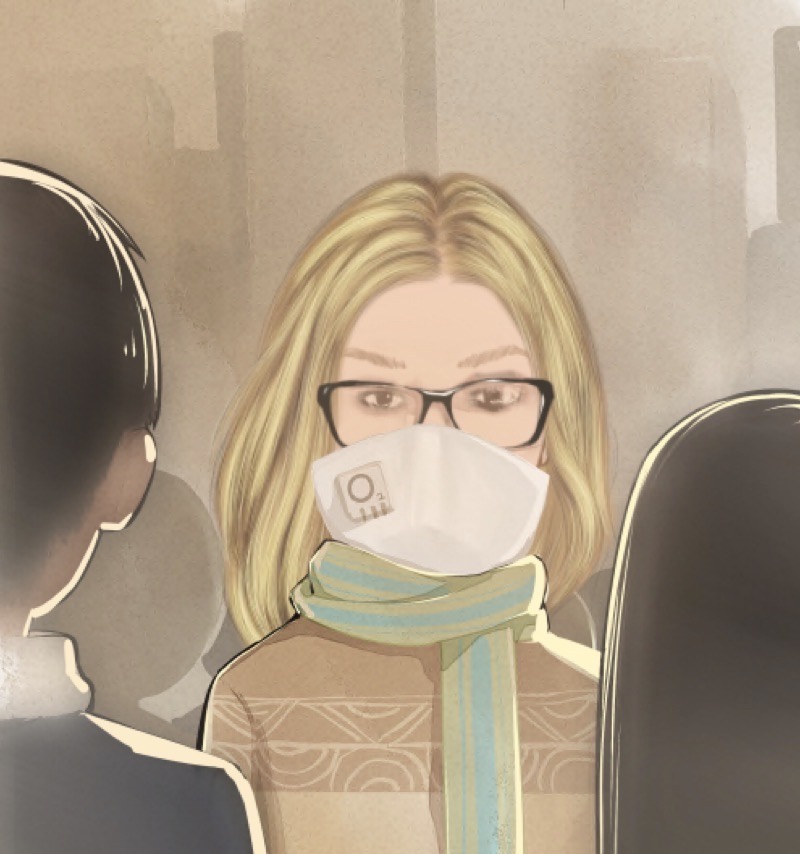In addition to Carpa
In 2019, I was diagnosed with Breast Cancer and had a Mastectomy.
In 2020, A Basal Cell Carcinoma (skin cancer) was surgically removed from my face, leaving a scar.
In 2022, I had COVID-19.
In 2022, I had COVID again and was investigated for colon cancer.
It has not been an easy road; however, I believe that while staying current and maintaining a realistic view of my illnesses is essential, it's also vital to keep an optimistic, and hopeful outlook on life, as this approach and attitude make me stronger and help me cope with my health issues more effectively.
I can neither ignore nor avoid having two life-threatening and disabling conditions, or the emotional, physical rollercoaster, and mental exhaustion that comes with them.
It has been my experience that not all medical professionals are alike. Although physicians pledge to prescribe only beneficial treatments and do no harm, I have come across a few "doctors" who are completely devoid of empathy and professional responsibility.
They care nothing about their patients.
Like the doctor who prescribed medications blindly and without a diagnosis, my condition deteriorated to the point where I was unable to open my eyes—alternatively, the one who sent me home despite my body being racked with pain and rashes.
Nonetheless, the most negligent doctors were the oncologists at Sophiahemmet, Christinaklinken. This doctor was in such a hurry to go on vacation that they not only misdiagnosed my cancerous tumor as benign but also refused to remove it, and then completely forgot about me. Allowing my breast cancer to grow for nearly two years without my knowledge.
So much for the Hippocratic Oath!
Today, I am extremely grateful to my doctors, who are not only responsible medical professionals but also compassionate and empathetic human beings.

An orphan disease is defined as a condition that affects fewer than 400,000 people worldwide. However, some diseases have patient populations of fewer than 100.
This includes diseases as familiar as cystic fibrosis, Lou Gehrig's disease, and Tourette's syndrome, as well as less familiar ones like Carpa, Hamburger disease, and acromegaly. New rare diseases are discovered every year.
Most are inherited and caused by mutations or defects in genes. Others can be acquired through environmental or toxic conditions. Genes are pieces of DNA, part of the code that determines the traits and individual characteristics of all living things.
Each human cell contains around 30,000 genes. Genes can influence features such as eye and hair color, and can also play a role in the development of diseases and their transmission from parent to child.
CARPA is an "orphan disease" that has no treatment, medication, or cure.
